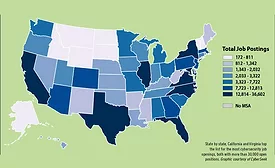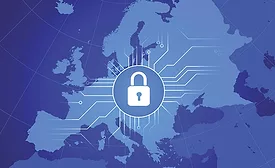Home » security talent gap
Articles Tagged with ''security talent gap''
Global Cybersecurity Workforce Gap Expands to 2.9 Million
Fifty-nine percent of cybersecurity professionals say that the widening workforce gap puts their organizations at risk.
December 1, 2018
Sign-up to receive top management & result-driven techniques in the industry.
Join over 20,000+ industry leaders who receive our premium content.
SIGN UP TODAY!Copyright ©2026. All Rights Reserved BNP Media.
Design, CMS, Hosting & Web Development :: ePublishing















